Its 5 AM and I’m abruptly awoken out of a deep dreamy sleep in our surprisingly comfortable bed (something that is extraordinarily difficult to find in India) to a loud, rhythmic drumming coming from right below our window. Within minutes the drumming is joined by some off-key chanting and soon, a few bells and gongs begin to ring. There doesn’t seem to be any order to the sound, it just simply comes together to fill the morning silence with a growing variety of shapes and colors. As the day unfolds and the sun begins to rise, the sound steadily grows and transforms, different tones of bells and drums being added to the mix, each in their own rhythm and pitch, coming from every direction. Car and tuktuk horns begin their morning song and the cows and dogs join in with their own accents to the Pushkar orchestra.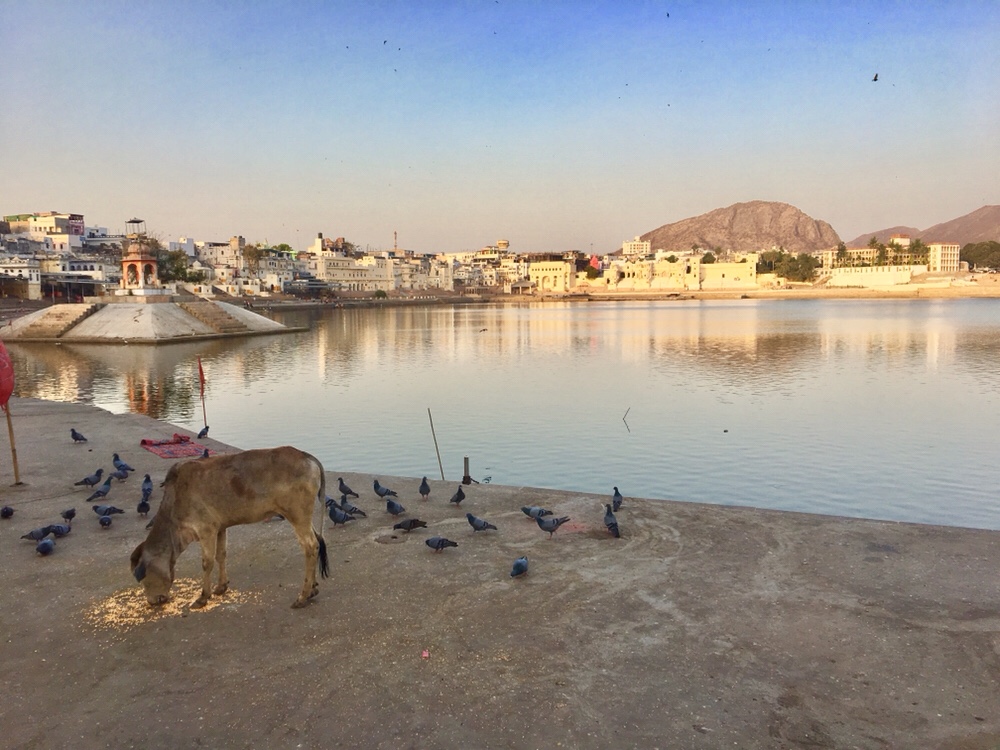 A procession honoring the deity-of-the-day begins down the main street, filling what little spaces of silence that were left with trumpets, horns and even more drums. Soon the rhythmic sound of bird seed being thrown on tin roofs is added to the ensemble with thousands of pigeons swooping and swooshing in unison to take their turn to feed. Before long, we find ourselves right in the middle of the unrelenting morning symphony with which the small town of Pushkar begins every day.
A procession honoring the deity-of-the-day begins down the main street, filling what little spaces of silence that were left with trumpets, horns and even more drums. Soon the rhythmic sound of bird seed being thrown on tin roofs is added to the ensemble with thousands of pigeons swooping and swooshing in unison to take their turn to feed. Before long, we find ourselves right in the middle of the unrelenting morning symphony with which the small town of Pushkar begins every day.
Pushkar is an Indian holy city situated around a small holy lake found in a flat, yet expansive valley surrounded by steep and barren hills in the middle of Rajasthan, the largest state of India.  Within the valley, bookending the small town of Pushkar to the East and West, are two prominent stand alone hills, each with a temple on the very top
Within the valley, bookending the small town of Pushkar to the East and West, are two prominent stand alone hills, each with a temple on the very top 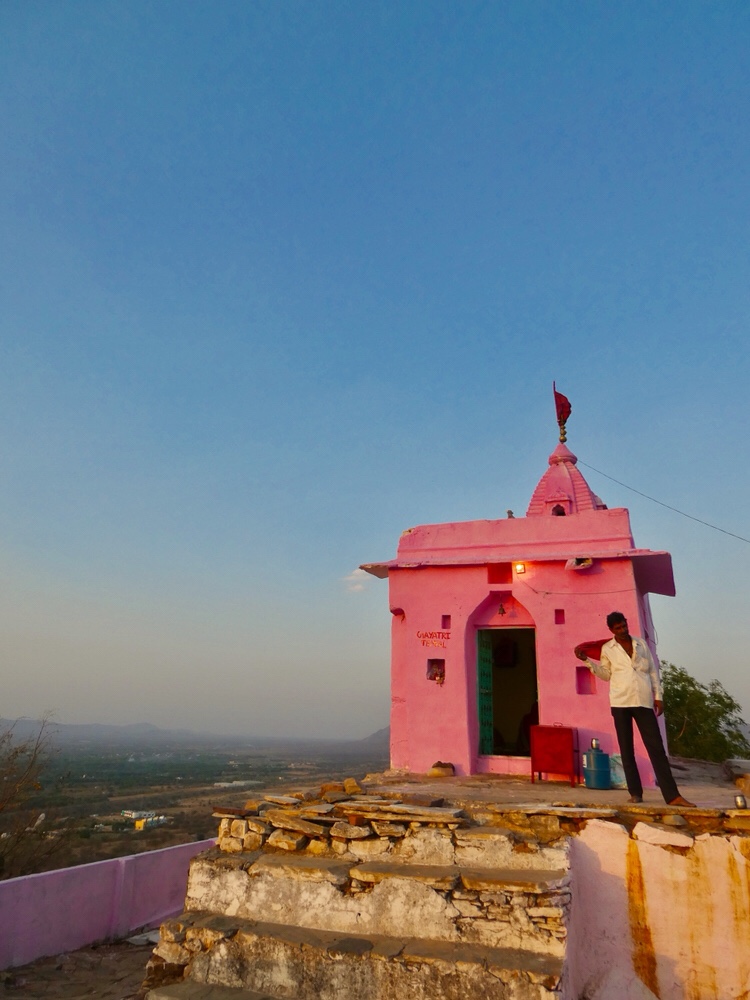 and a rewarding sunset view overlooking the entire valley, if you are dedicated enough to walk up thousands of some of the steepest steps around.
and a rewarding sunset view overlooking the entire valley, if you are dedicated enough to walk up thousands of some of the steepest steps around. 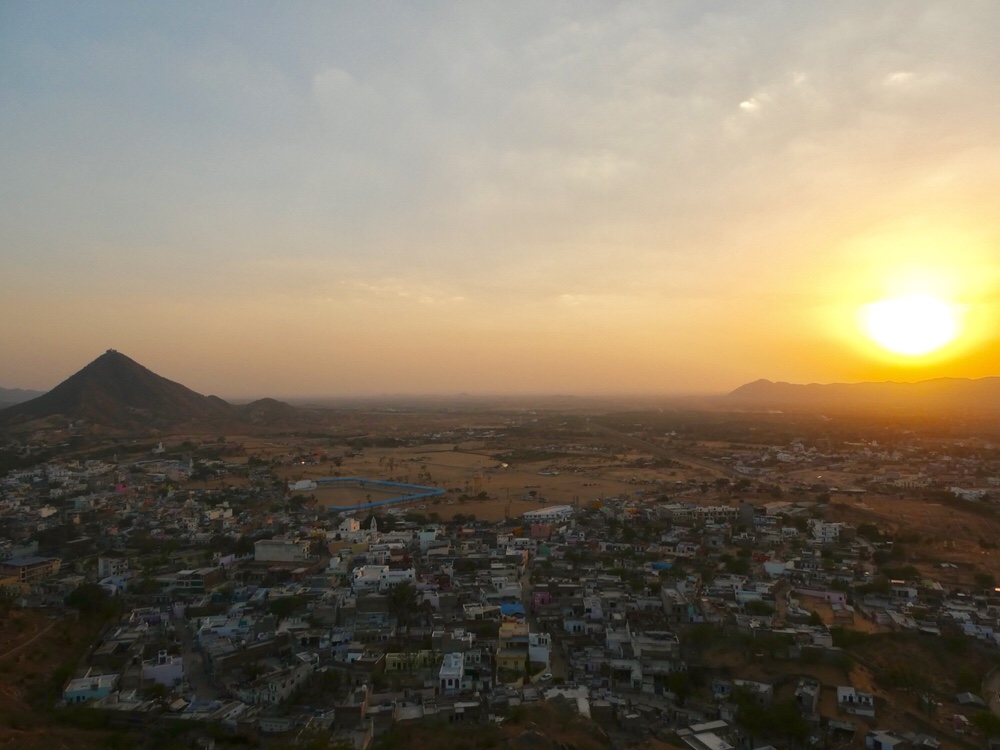 Although there are only roughly 15,000 residents in Pushkar, the city itself is sprinkled with a variety of over 400 intricate temples,
Although there are only roughly 15,000 residents in Pushkar, the city itself is sprinkled with a variety of over 400 intricate temples, 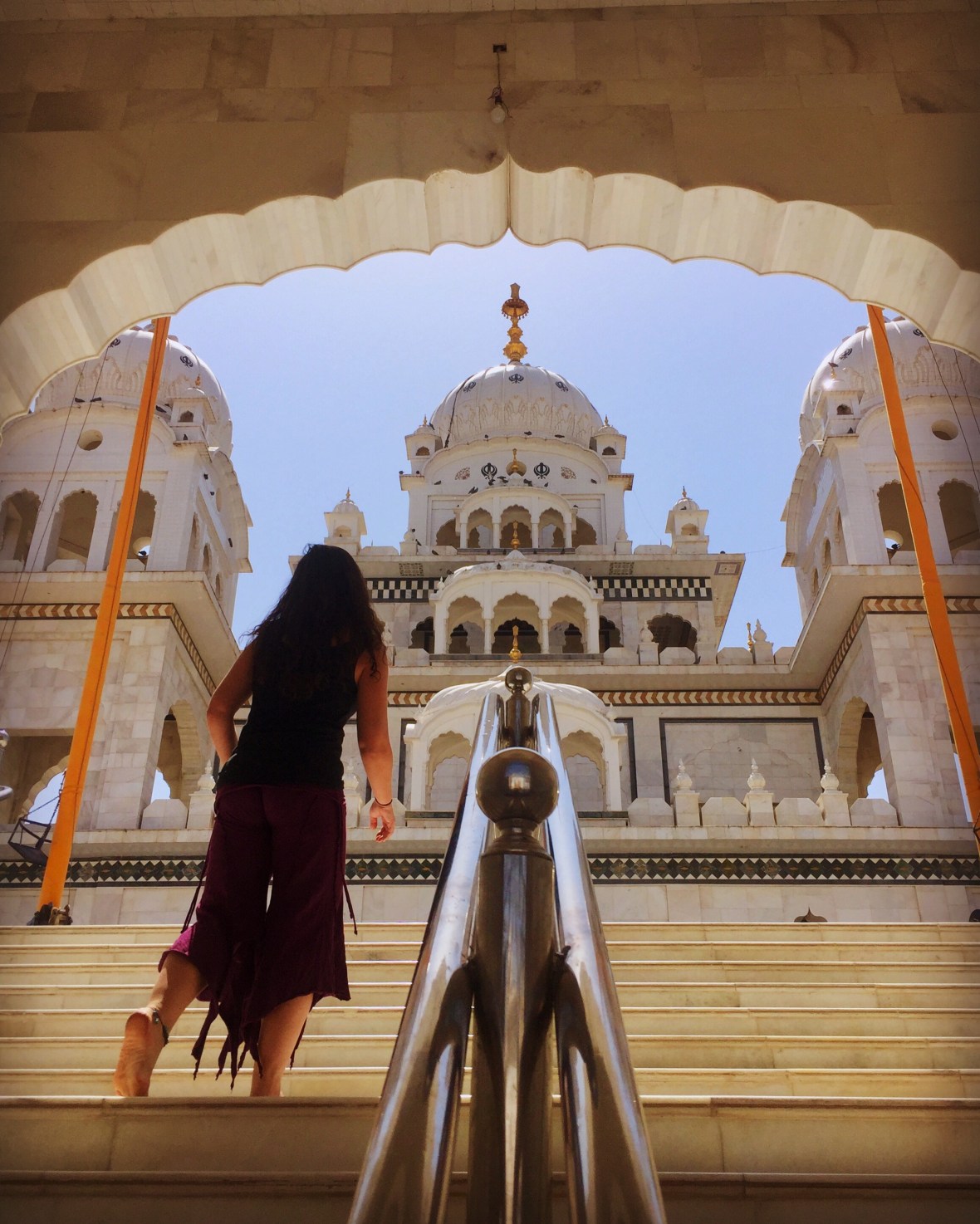 each of a different religious faith, as the holy lake draws pilgrims from all over India.
each of a different religious faith, as the holy lake draws pilgrims from all over India.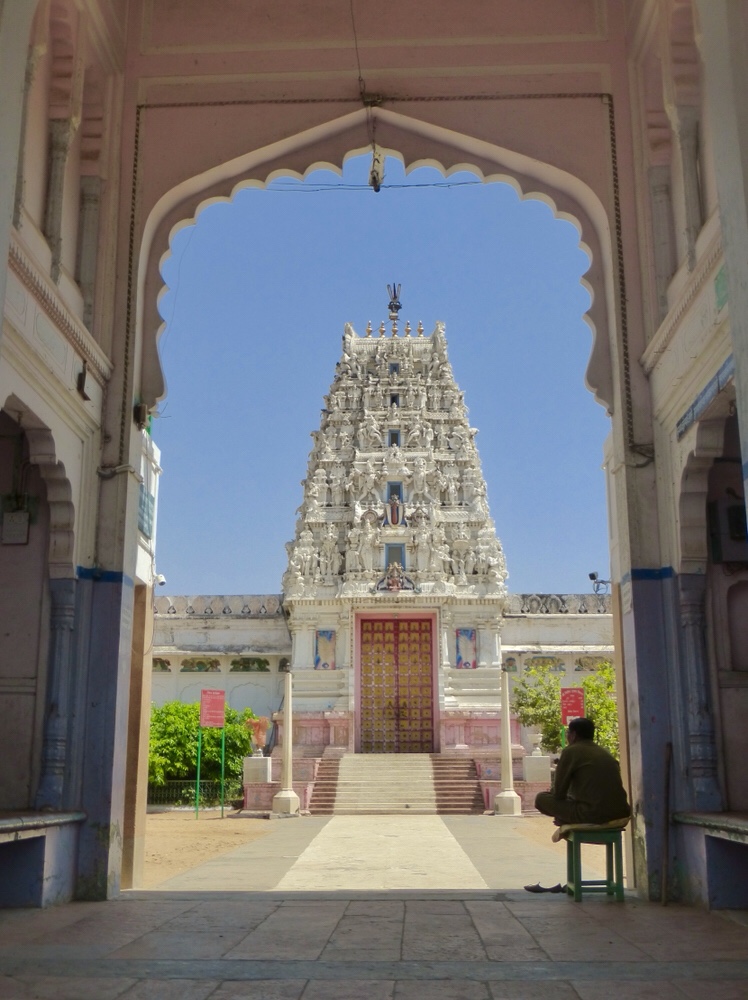 Surrounding the lake on all sides are 52 bathing ghats where hundreds of pilgrims submerse in the holy waters every day in order to cleanse themselves of negative karma.
Surrounding the lake on all sides are 52 bathing ghats where hundreds of pilgrims submerse in the holy waters every day in order to cleanse themselves of negative karma.  At sunset, the largest of these ghats is overrun with eccentric bohemian travelers, showing off their circus skills as a crowd of onlookers watch in awe.
At sunset, the largest of these ghats is overrun with eccentric bohemian travelers, showing off their circus skills as a crowd of onlookers watch in awe.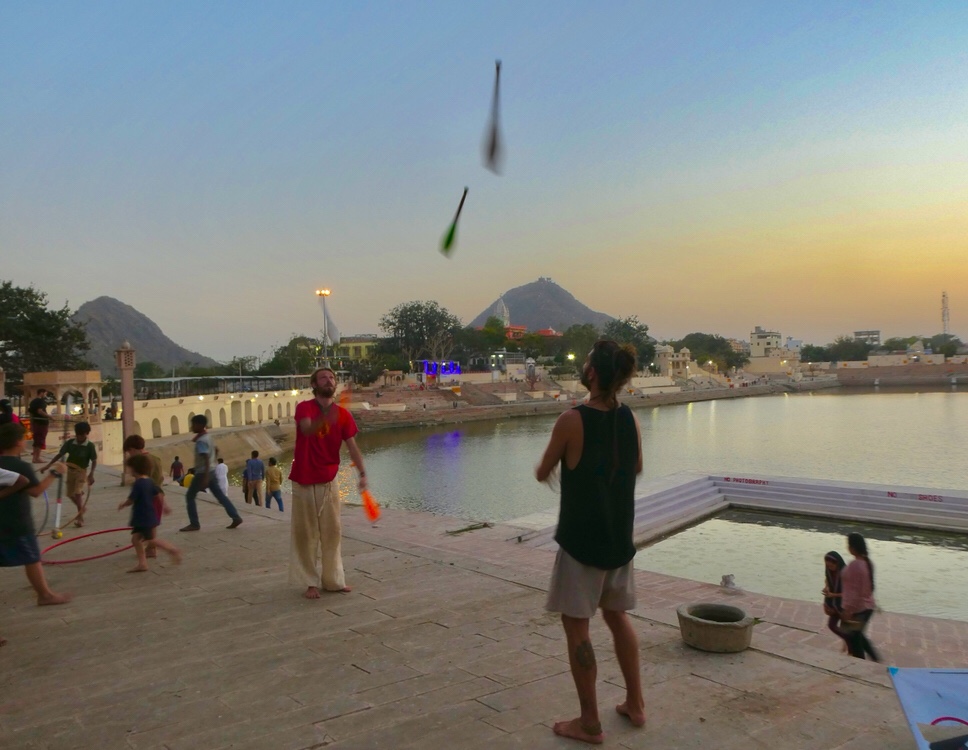
Upon our arrival to Pushkar, we were quite overwhelmed by the throngs of both travelers and locals alike, lining the streets in search of the most unique jewelry, textiles, clothing, fresh flowers, 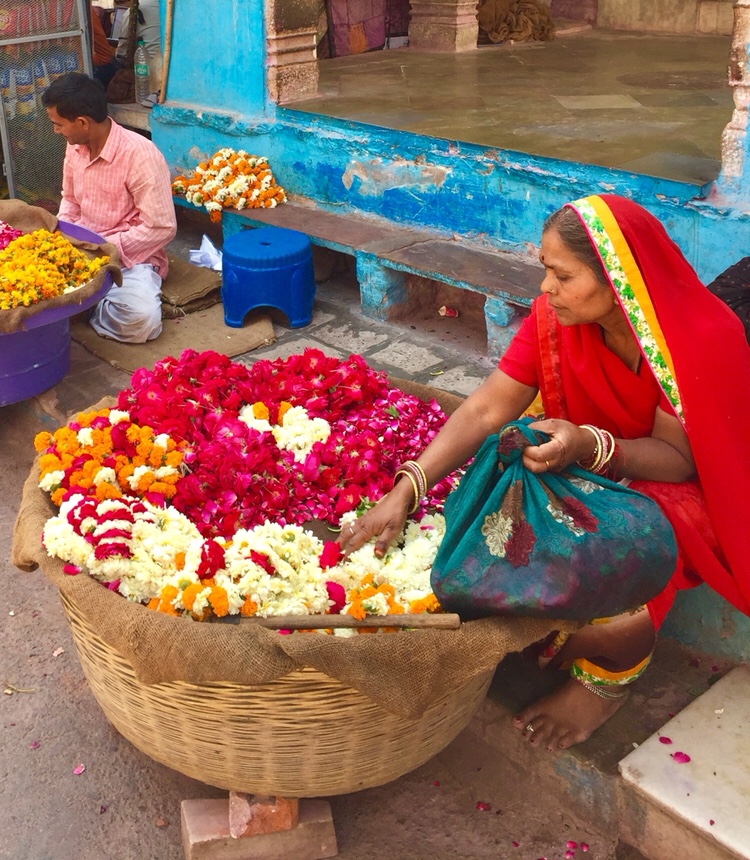 trinkets, shawls, decorative items, spiritual items, you name it.
trinkets, shawls, decorative items, spiritual items, you name it. 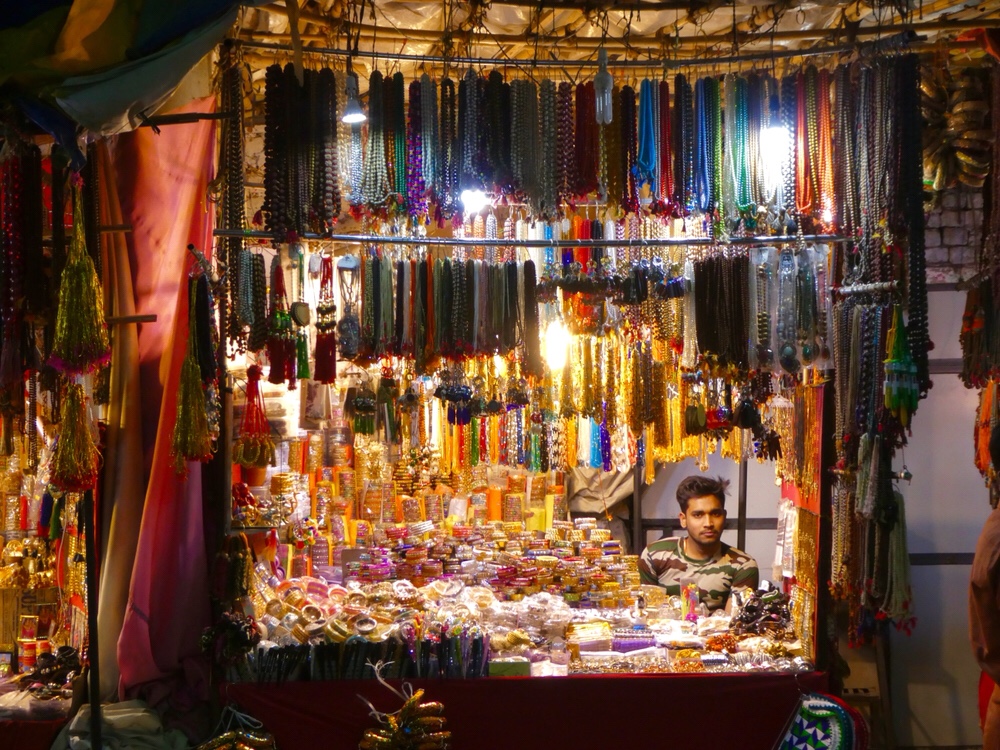 The multitude of vibrant shops lining the streets with all their colors, styles, bells, sparkly dangly beaded items, and large variety of amazing fruit smoothies,
The multitude of vibrant shops lining the streets with all their colors, styles, bells, sparkly dangly beaded items, and large variety of amazing fruit smoothies,  are every bohemian hippie’s shopping dream. Travelers from all over the world come to Pushkar to purchase unique items, bargaining for absurdly low wholesale prices to later heavily mark-up and sell in stores back in their home country or perhaps on Etsy or some other online shop.
are every bohemian hippie’s shopping dream. Travelers from all over the world come to Pushkar to purchase unique items, bargaining for absurdly low wholesale prices to later heavily mark-up and sell in stores back in their home country or perhaps on Etsy or some other online shop.
After a few days of exploring the unique landscape, architecture,  and of course, shopping for treasures and trinkets,
and of course, shopping for treasures and trinkets,  we found ourselves at a loss amidst the daily cacophony. Our headspace seemed to be overstimulated by the complete lack of any peace and quiet.
we found ourselves at a loss amidst the daily cacophony. Our headspace seemed to be overstimulated by the complete lack of any peace and quiet. 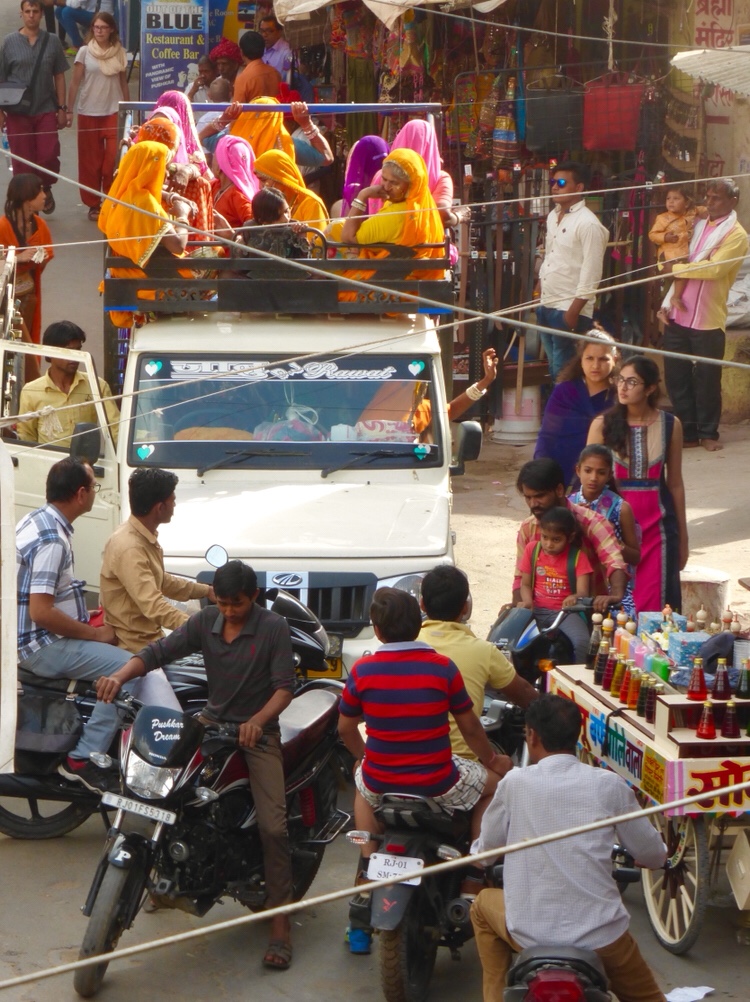 We noticed ourselves becoming more negative and irritated with what was now becoming a penetrating noise in our minds, questioning why people were so crazy about coming to Pushkar in the first place.
We noticed ourselves becoming more negative and irritated with what was now becoming a penetrating noise in our minds, questioning why people were so crazy about coming to Pushkar in the first place.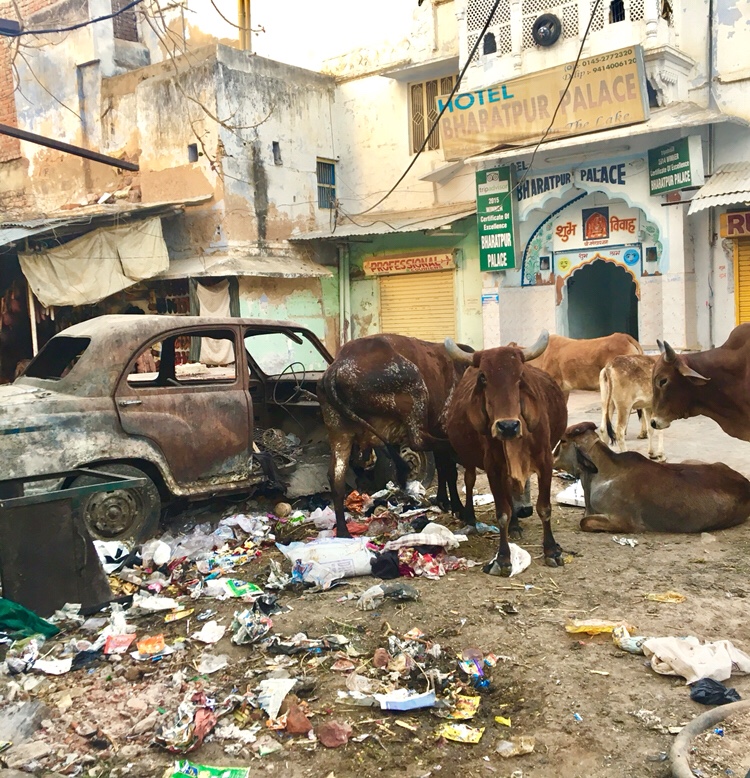
Our initial reaction was to react to our discomfort and cut our stay short, moving on to our next destination, however, some tiny yet convincing little force kept pulling us to stay just a little longer.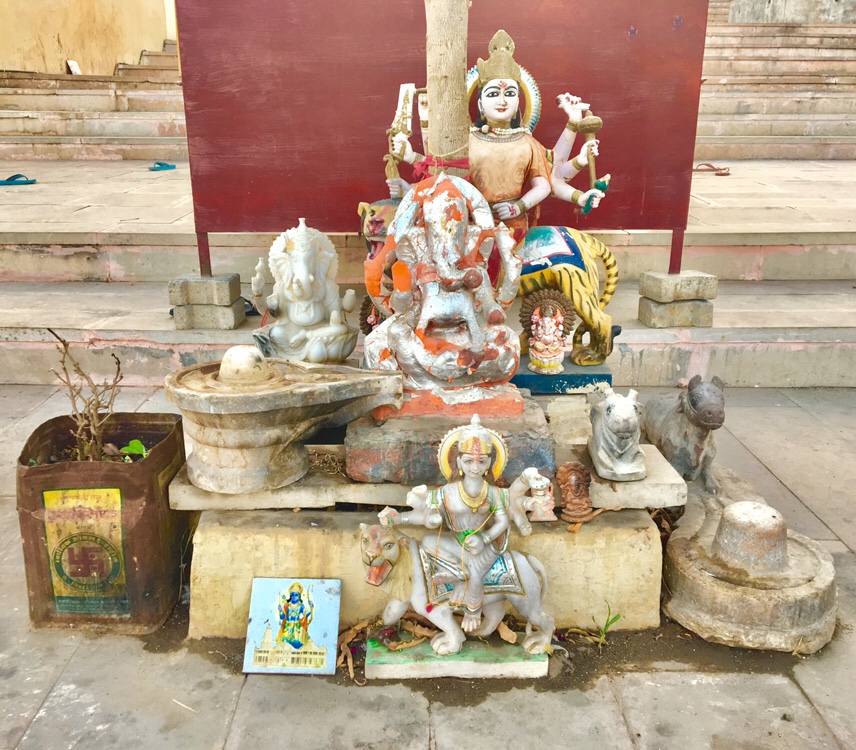
As we patiently trusted our intuition, we witnessed the once irksome noise transform itself into a concentrated impulse of energy, known as “shakti”. Shakti is the idea or personification of divine feminine creative power, the creative power of the universe. Hindus believe that Shakti is both responsible for creation and the agent of all change. It is the primordial cosmic energy and represents the dynamic forces that are thought to move through the entire universe, in order to make things happen.  It was as if all the commotion had shaken us up on a cellular level and we were now reorganizing our entire being to not only integrate our surroundings but also be able to harness the energy behind the restructuring as a highly beneficial potential.
It was as if all the commotion had shaken us up on a cellular level and we were now reorganizing our entire being to not only integrate our surroundings but also be able to harness the energy behind the restructuring as a highly beneficial potential. 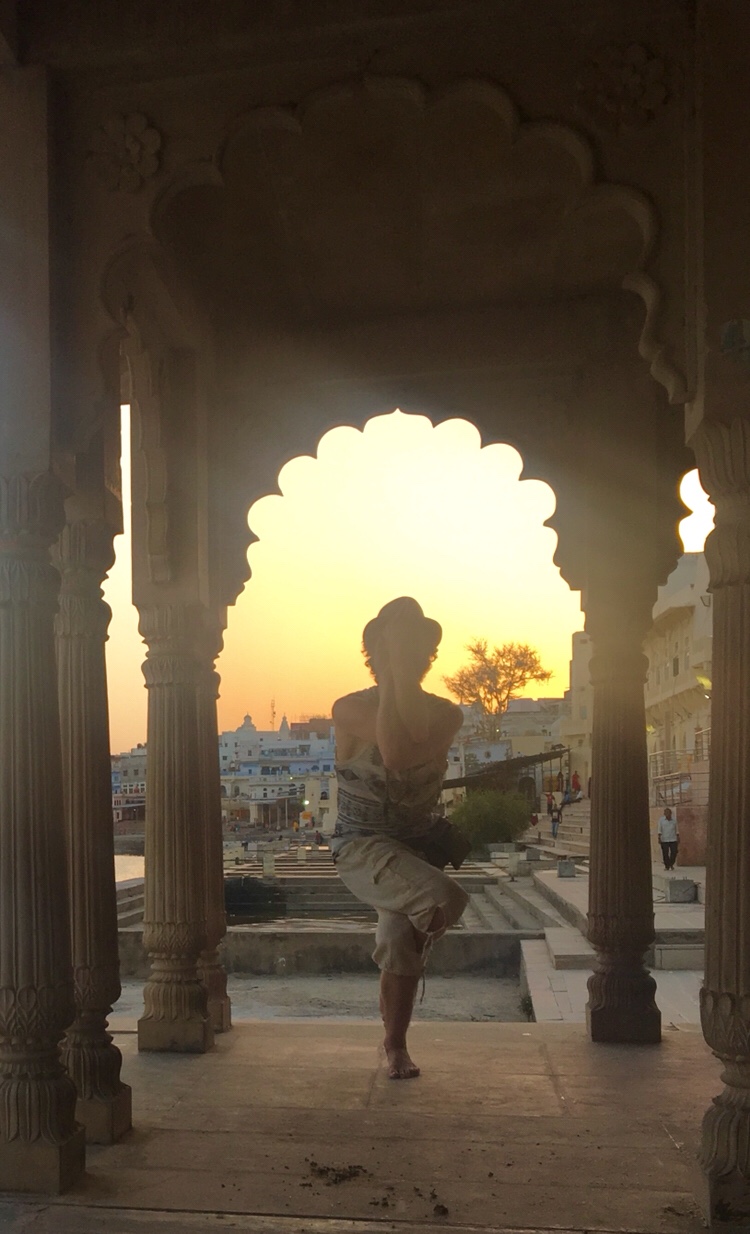 Only then were we able to open our minds to the possibilities of Pushkar as the hidden magic of this strange place began to reveal itself to us.
Only then were we able to open our minds to the possibilities of Pushkar as the hidden magic of this strange place began to reveal itself to us. The chaos began to organize and take shape and within it a new kind of creativity was born. We were inspired; the colors, smells, and sounds were awakening something inside of us that had been dormant for sometime. We began to write, to brainstorm, to relax and unwind. The storytelling spirit inside us was reborn. We worked furiously, writing blogs,
The chaos began to organize and take shape and within it a new kind of creativity was born. We were inspired; the colors, smells, and sounds were awakening something inside of us that had been dormant for sometime. We began to write, to brainstorm, to relax and unwind. The storytelling spirit inside us was reborn. We worked furiously, writing blogs,  making business plans, editing photos and connecting our ideas, all with the unique view of a a still, sparkling lake surrounded by white ancient buildings to fill the spaces between our thoughts.
making business plans, editing photos and connecting our ideas, all with the unique view of a a still, sparkling lake surrounded by white ancient buildings to fill the spaces between our thoughts. 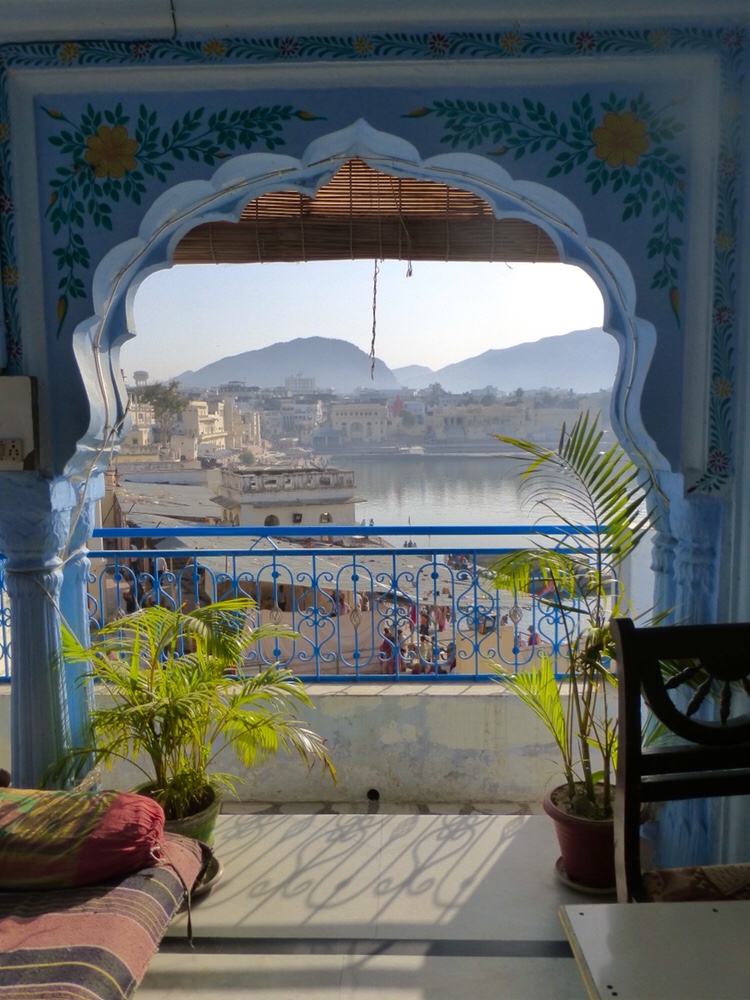 Nine days later, we found ourselves ready to move on but with a completely different perception of what Pushkar was all about. A good lesson in “Don’t judge a book by its cover”, the Pushkar symphony was instrumental in breaking through some of our walls and self-made restrictions. By trusting in the process and staying even when we wanted to run, we were able to allow certain obstacles to be removed
Nine days later, we found ourselves ready to move on but with a completely different perception of what Pushkar was all about. A good lesson in “Don’t judge a book by its cover”, the Pushkar symphony was instrumental in breaking through some of our walls and self-made restrictions. By trusting in the process and staying even when we wanted to run, we were able to allow certain obstacles to be removed 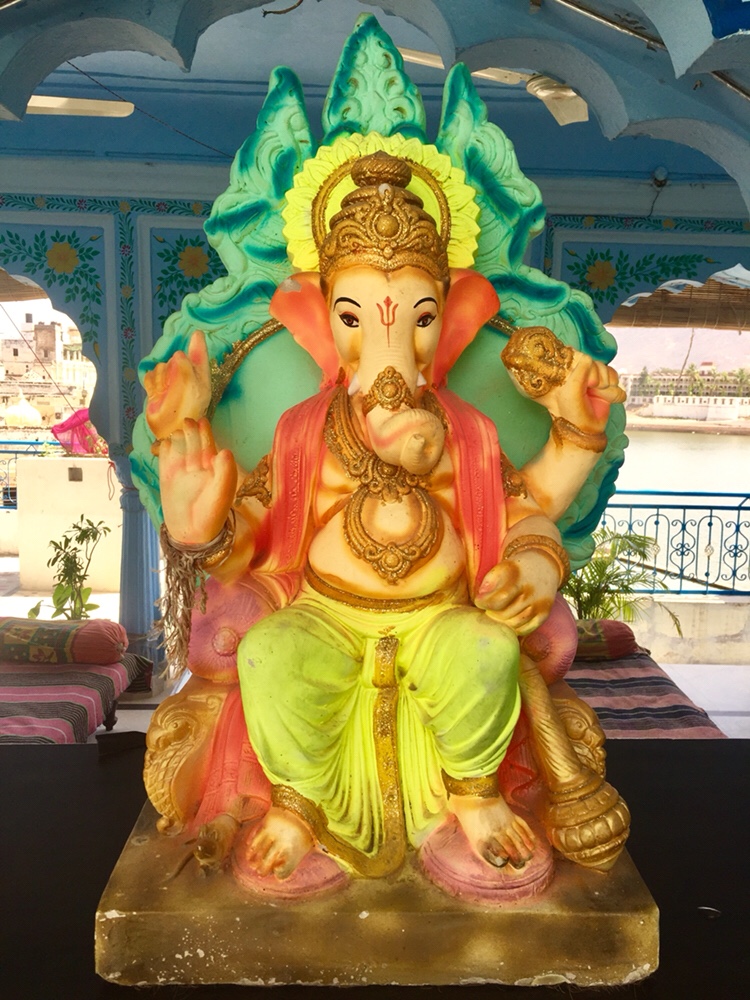 in order to make room for the more beneficial creative energy to take its place. Our judgements, criticisms, and need for structure melted away and were replaced by compassion, cultivation and the prescence necessary to ride the flow of the river of life in which we now swim. Sometimes the most challenging of situations can be the biggest lesson in letting go and truly being present.
in order to make room for the more beneficial creative energy to take its place. Our judgements, criticisms, and need for structure melted away and were replaced by compassion, cultivation and the prescence necessary to ride the flow of the river of life in which we now swim. Sometimes the most challenging of situations can be the biggest lesson in letting go and truly being present.
“In the beginning, there was noise. Noise begat rhythm, and rhythm begat everything else.” ~Mickey Hart
some photo are just amazing! fairy tale quality and very very interesting!
LikeLiked by 1 person
Glad you are enjoying!
LikeLike
Ahhh Pushkar and it’s hidden treasures! Ben loved everything about it and for me there were parts I loved – the lake and the rituals, (although the rituals got to be eventually .. the noise factor) the temples, the locals, the food but for sure it is overwhelming due to how densely packed that little city can be especially during camel fair. Yet it remains one of the most memorable experiences we have had in India.
Peta
LikeLike
We would’ve absolutely LOVED to be there for Camel Fair. You guys were very fortunate and I loved reading your story on Pushkar!
LikeLike